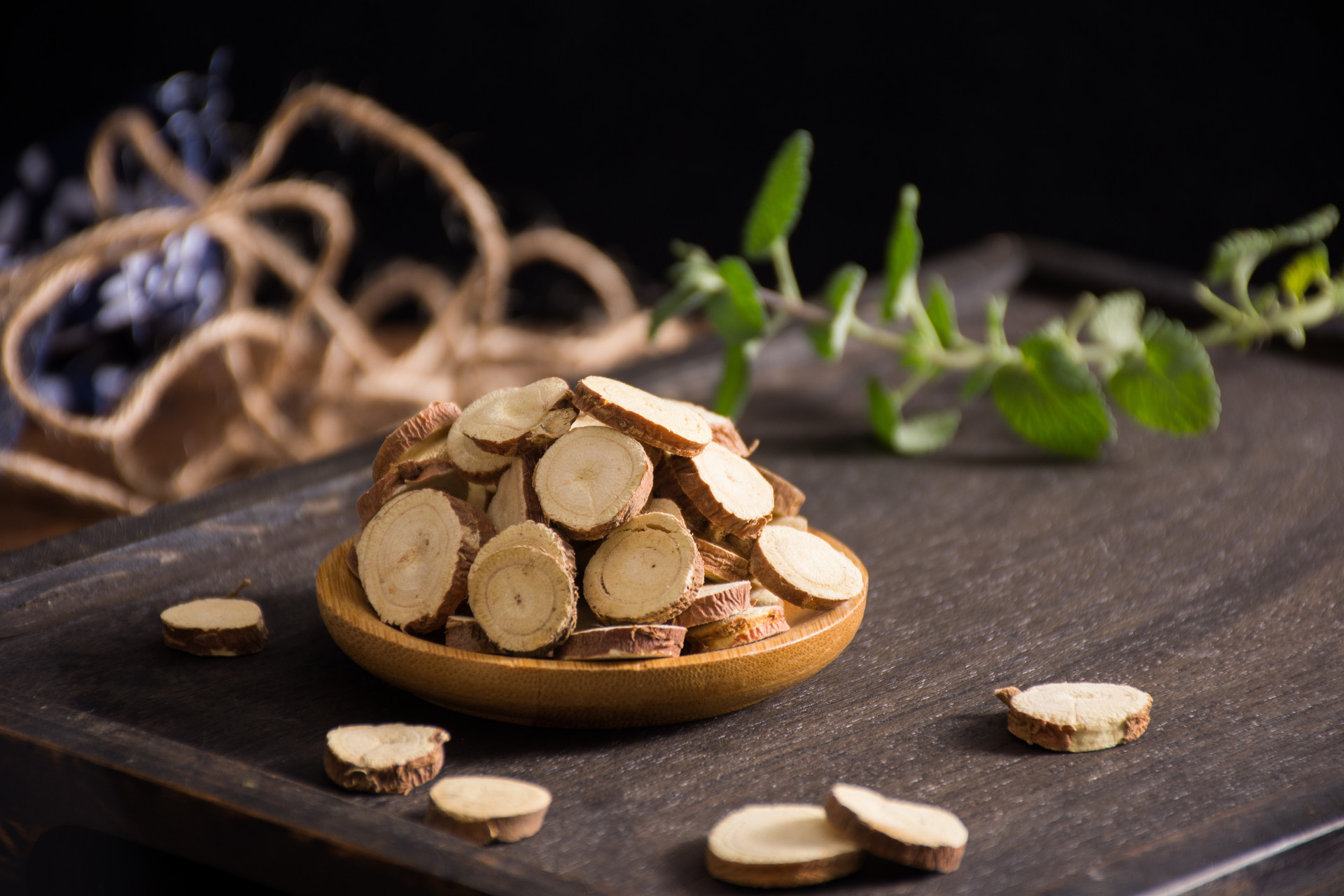The water used for decocting traditional Chinese medicine has always been highly regarded. Unlike nowadays, where any kind of medicine is boiled and consumed with tap water, which compromises its effectiveness. So, in the past, there were different types of water commonly used for decocting medicine. What are they?
Rainwater: Refers to the rainwater during the period of "Li Chun" (the beginning of spring). It is mildly salty, non-toxic, and carries the ascending and dispersing qi. It is suitable for decocting medicines with dispersing and tonifying effects.
Dew: Refers to the water collected during frequent autumn dew. It is suitable for decocting medicines with heat-clearing and lung-moistening effects.
Liquid rain: Ten days after the beginning of winter, it is called "liquid rain," and it lasts until "Xiao Xue" (the minor snow). It is suitable for decocting medicines with insecticidal and digestive effects.
Snow water: It has a cold nature and is suitable for decocting medicines to treat diseases caused by the epidemic heat during the winter solstice, such as high fever and delirium.
Overflowing water: The water collected from rainfall during the period of "Jiang Zhu" (the winter solstice). It is suitable for decocting medicines with spleen-strengthening and dampness-clearing effects, as its light taste does not contribute to dampness and heat. The medicine used by the king of the Zhu Zi country is prepared with this water.
Water flowing eastward: Refers to the water in rivers and streams, used for decocting medicines to treat post-illness weakness, deficiency of the spleen and stomach, and post-exertion yin deficiency.
Water flowing against the current: Refers to the turbulent water in rivers, with its flow going against the current. It can be used for decocting medicines to treat stroke, sudden collapse, cephalalgia, and malaria. In ancient times, the use of water flowing eastward and against the current was simply based on the characteristics of fresh, clean, and non-putrefying water.
Well water: Mostly used for decocting medicines to treat dysentery, vomiting, polydipsia, and deficiency fire. Well water, after natural filtration, is clean and hygienic, making it an ideal water source for decocting medicine in rural areas.
Warm spring water: Refers to the water from hot springs, often used in combination with Chinese medicine for external washing to treat scabies, dermatitis, rheumatic joint pain, hemiplegia, and other diseases.
Yin-yang water: It refers to a mixture of fresh water and boiled water in equal parts, used for decocting medicines to regulate the middle burner, aid digestion, induce vomiting, and promote urination.
Tap water: This is the widely used water for decocting medicine nowadays. Its cleanliness and hygiene are unquestionable. However, it is not advisable to use it immediately for decoction. It is better to collect it in a clean container in the morning and decoct in the afternoon. Otherwise, the heavy chlorine content may affect the taste and result in a rough mouthfeel.












